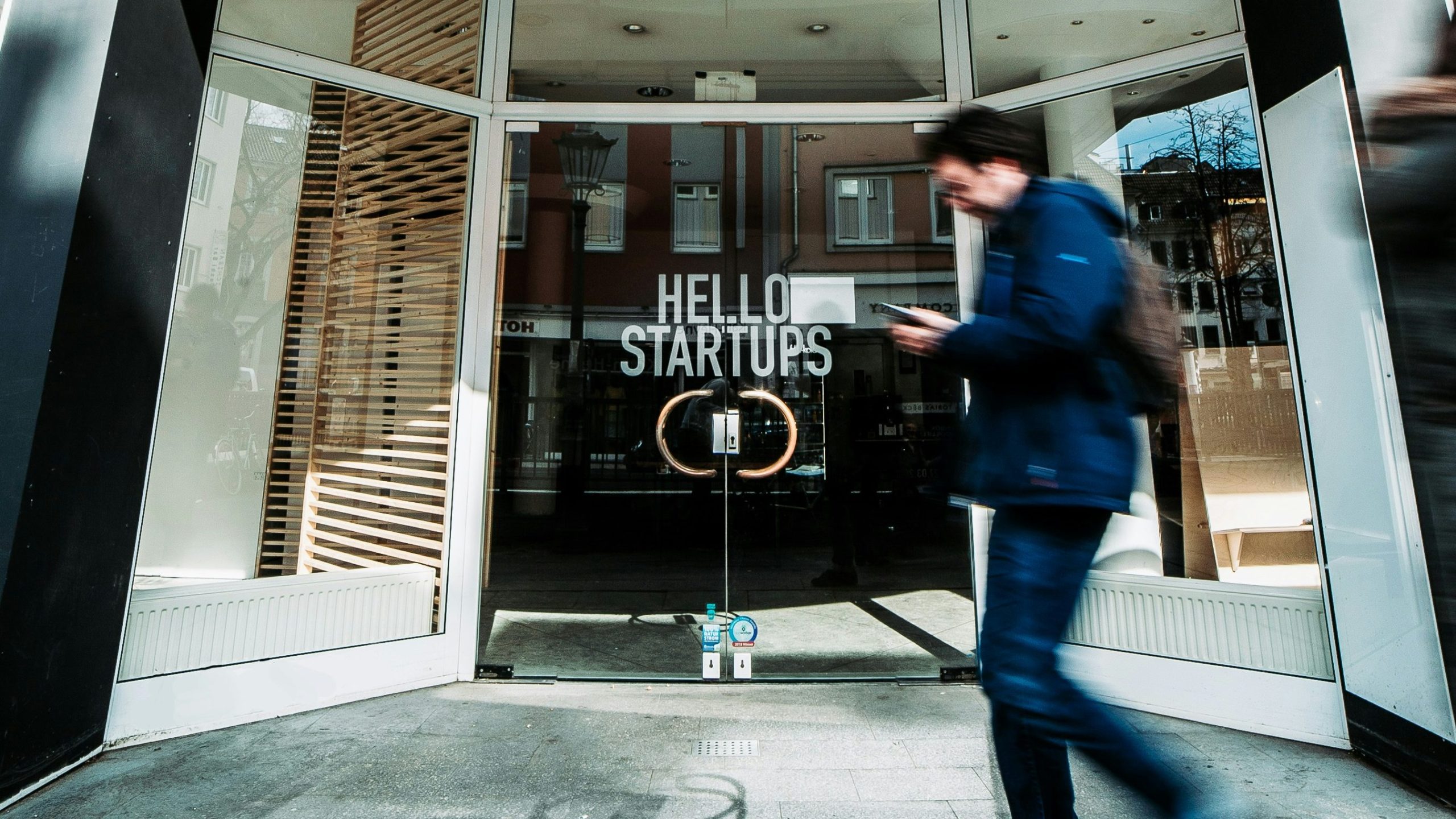In today’s interconnected world, events serve as powerful platforms for cultural exchange, brand development, and global networking. From music festivals attracting thousands to high-stakes corporate conferences and luxury hospitality experiences, international events mould perceptions and leave lasting impressions. Behind each successful gathering is an International Events Management professional—an expert who coordinates every detail, anticipates challenges, and guarantees smooth execution.

Studying for an online MSc in International Events Management at Robert Kennedy College (RKC) not only enhances your theoretical knowledge but also sharpens the practical skills needed to succeed on this vibrant international stage.
Roles and Responsibilities of an International Events Manager
Whether you’re organising a global trade show or a charity’s fundraising gala, your responsibilities cover multiple areas. Here are the main duties you’ll undertake:
Strategic Planning and Conceptualisation
You specify the event’s objectives, target audience, theme, and key messages. This includes conducting market research, benchmarking against competitors’ events, and developing a strategic plan that aligns with organisational goals.
Budgeting and Financial Management
You prepare detailed budgets covering venue costs, production expenses, speaker fees, marketing expenditure, and contingency funds. Effective financial oversight ensures the event delivers maximum ROI without compromising quality.
Stakeholder and Vendor Coordination
From sponsors and speakers to venue operators and catering companies, you handle relationships throughout the event ecosystem. Clear communication, contract negotiations, and vendor selection are essential for upholding standards and meeting deadlines.
Logistics and Operations
Managing site layout, audiovisual setups, seating arrangements, transportation, and accommodation logistics is part of your responsibilities. You create site maps, production schedules, and run-of-show documents to ensure each element remains on schedule.
Risk Management and Compliance
International events often involve intricate regulatory considerations—visas, customs clearance for equipment, local health and safety regulations. You conduct risk assessments, secure necessary permits, and implement contingency plans for emergencies.
Marketing, Promotions, and Digital Engagement
You craft marketing campaigns that utilise traditional media, social platforms, email marketing, and search strategies to attract attendees. Engagement metrics and real-time analytics help you refine tactics during the campaign.
Team Leadership and Collaboration
You recruit, train, and lead cross-functional teams—including logistics staff, volunteers, technical crew, and on-site coordinators—fostering a culture of accountability, creativity, and problem-solving.
Sustainability and Ethical Practices
As environmental and social governance become unavoidable, you implement sustainability initiatives—waste reduction, carbon offsetting, local sourcing—and promote inclusive practices at every level.
Post-Event Evaluation and Report
After the event, you gather attendee feedback, analyse performance metrics (attendance figures, engagement rates, sponsorship ROI), and compile comprehensive reports. These insights inform future improvements and demonstrate value to stakeholders.
Developing These Skills with an Online MSc in International Events Management

RKC’s online MSc in International Events Management is designed to reflect the diverse aspects of the profession. Delivered entirely online through the interactive OnlineCampus, the programme combines theoretical concepts with practical experiences suitable for busy professionals around the globe.
Key components include:
Principles and Practices of International Events Management
This module will give you a deep understanding of the concept, scope, importance, roles, dimensions, and traits of modern international events. You will address real event issues and improve your project planning, problem-solving, and communication skills.
Project Management, Leadership and Skills: Planning and Control
You will explore the approaches, skills, and methods of effective project management, along with the tools and techniques needed for planning, control, teamwork, leadership, and other essential processes. All these qualities will enhance your ability to lead complex projects.
Search and Social Media Marketing
This module provides an introduction to search and social media marketing and their strategic advantages for organisations. Through Search and Social Media Marketing, you will develop a critical understanding of the strategies, theories, trends, and techniques used in Search Engine Optimisation (SEO) and Social Media Optimisation (SMO), as well as the practical skills needed for implementing and evaluating these activities.
Digital Business and Entrepreneurship
The Digital Business and Entrepreneurship module has been specially designed to provide you with both practical and theoretical skills required for modern business environments. You will develop an understanding of emerging business models (like Uber) that leverage innovative and disruptive technologies such as drones, robotics, and wearable tech. The course emphasises entrepreneurial skills vital for those starting their ventures as well as for those working within digital business contexts. It will encourage you to critically evaluate how social, disruptive, and innovative technologies can serve as key business enablers and help create strategic competitive advantages.
Research Methods & Dissertation
Develop strong research skills to critically analyse industry trends, assess event outcomes, and contribute original insights. The final dissertation (12,000–15,000 words) demonstrates your ability to drive evidence-based improvements in the field.
By integrating asynchronous lectures, group projects, and virtual workshops, the programme ensures you apply learning immediately to your current role while fostering a global network of peers.
Career Benefits of RKC’s Online MSc in International Events Management

Pursuing this MSc offers opportunities for rapid career advancement and a range of diverse possibilities.
Enhanced Professional Credibility
A British-accredited degree from the University of Salford—delivered in partnership with RKC—demonstrates to employers that you possess advanced event management skills and strategic insight.
Global Network and Collaboration
Join a cohort of professionals from more than 150 countries. Collaborative assignments and discussion forums encourage cross-cultural insights, peer learning, and lasting professional relationships.
Practical, Ready-for-Work Skills
Real-life case studies and business simulations replace traditional exams. You graduate with a portfolio of projects—such as event plans, marketing campaigns, and risk assessments—that showcase your skills from day one.
Flexibility for Working Professionals
With rolling admissions and a 12-month to 3-year completion window, you customise your study schedule around work and personal commitments, ensuring you never sacrifice career momentum.
Specialist Roles and Industry Mobility
Graduates progress into roles such as International Events Manager, Conference Director, Festival Producer, Corporate Hospitality Lead, and Trade Show Coordinator—often with greater responsibility and pay.
Entrepreneurial Opportunities
Equipped with both event-specific and entrepreneurial skills, many alumni establish consultancies, event startups, or freelance ventures, leveraging their MSc projects as market-tested prototypes.
Applying Your Expertise in Practice

Imagine coordinating a multi-day international conference that brings together thought leaders, corporate sponsors, and media partners. Leveraging your RKC-honed skills:
- You develop a strategic event plan aligned with organisational KPIs (Key Performance Indicators).
- You negotiate global sponsorship agreements and manage budgets accurately.
- You execute an integrated SEO and social media campaign, increasing registrations by 40%.
- You oversee sustainable on-site practices—such as digital signage and biodegradable materials—reducing the event’s carbon footprint.
- After the event, you provide a detailed analysis that emphasises successes, lessons learned, and suggestions for year two.
This end-to-end proficiency originates from the MSc’s modules and collaborative experiences, establishing you as a trusted leader in the international events domain.
Take the Next Step: Advance Your Events Career
The role of an International Events Management professional is both challenging and rewarding. You need to combine creativity with analytical skills, leadership with teamwork, and strategic vision with precise implementation. Robert Kennedy College’s online MSc International Events Management provides you with the theoretical knowledge, practical tools, and global outlook necessary to excel in these duties.
Ready to transform your passion for events into a distinguished career? Explore the full programme details and admission requirements on our website, and begin your journey toward becoming a world-class events manager today.








